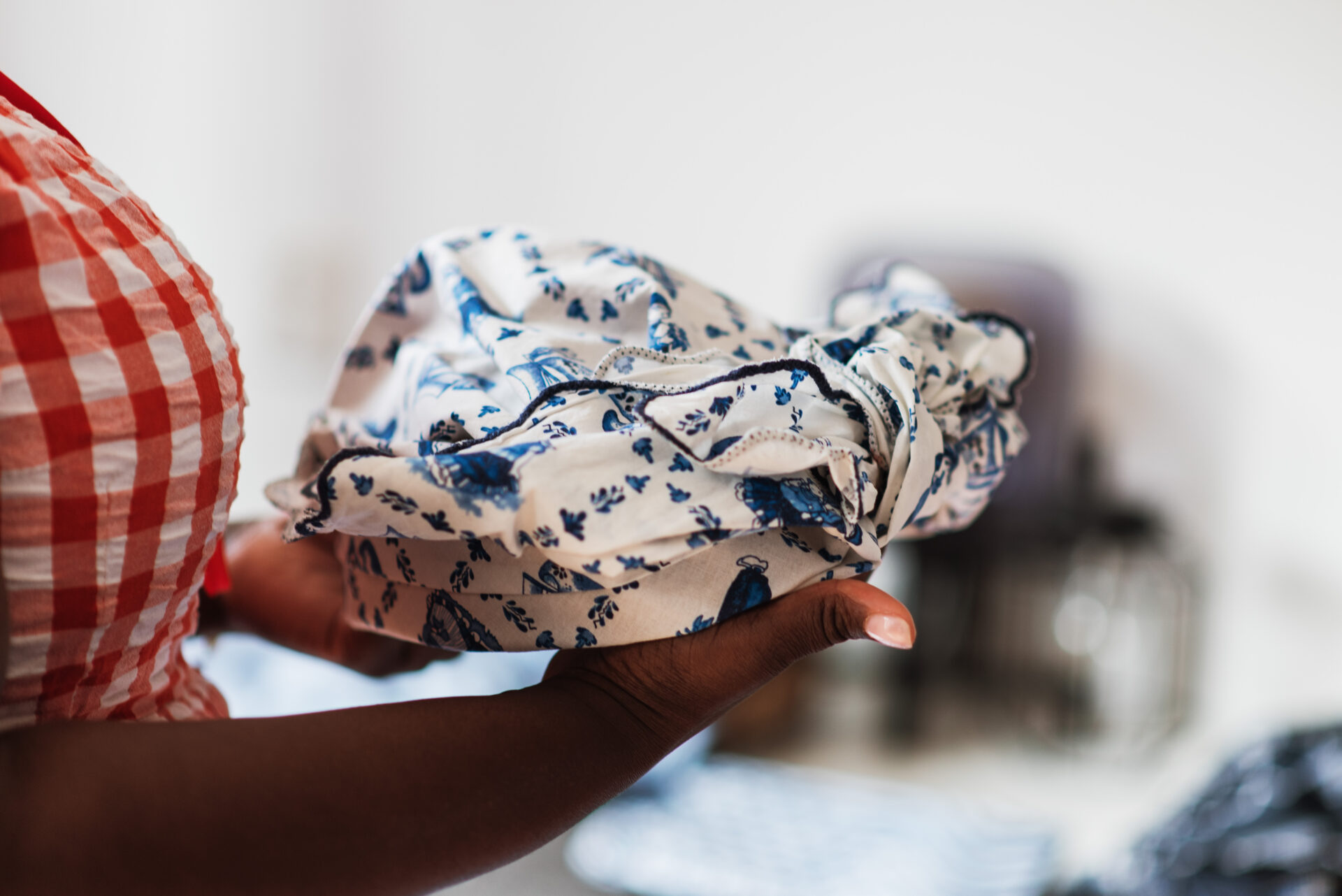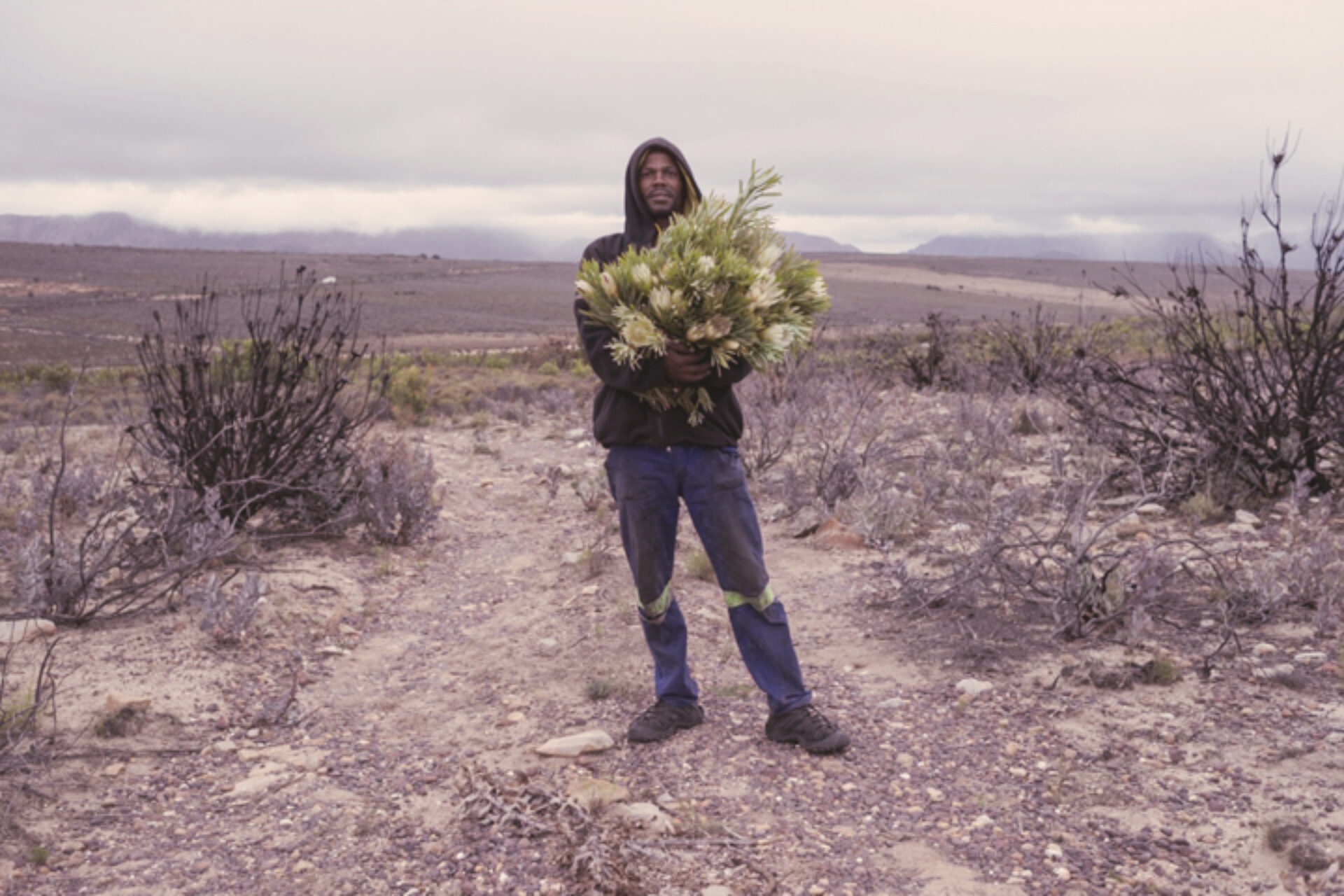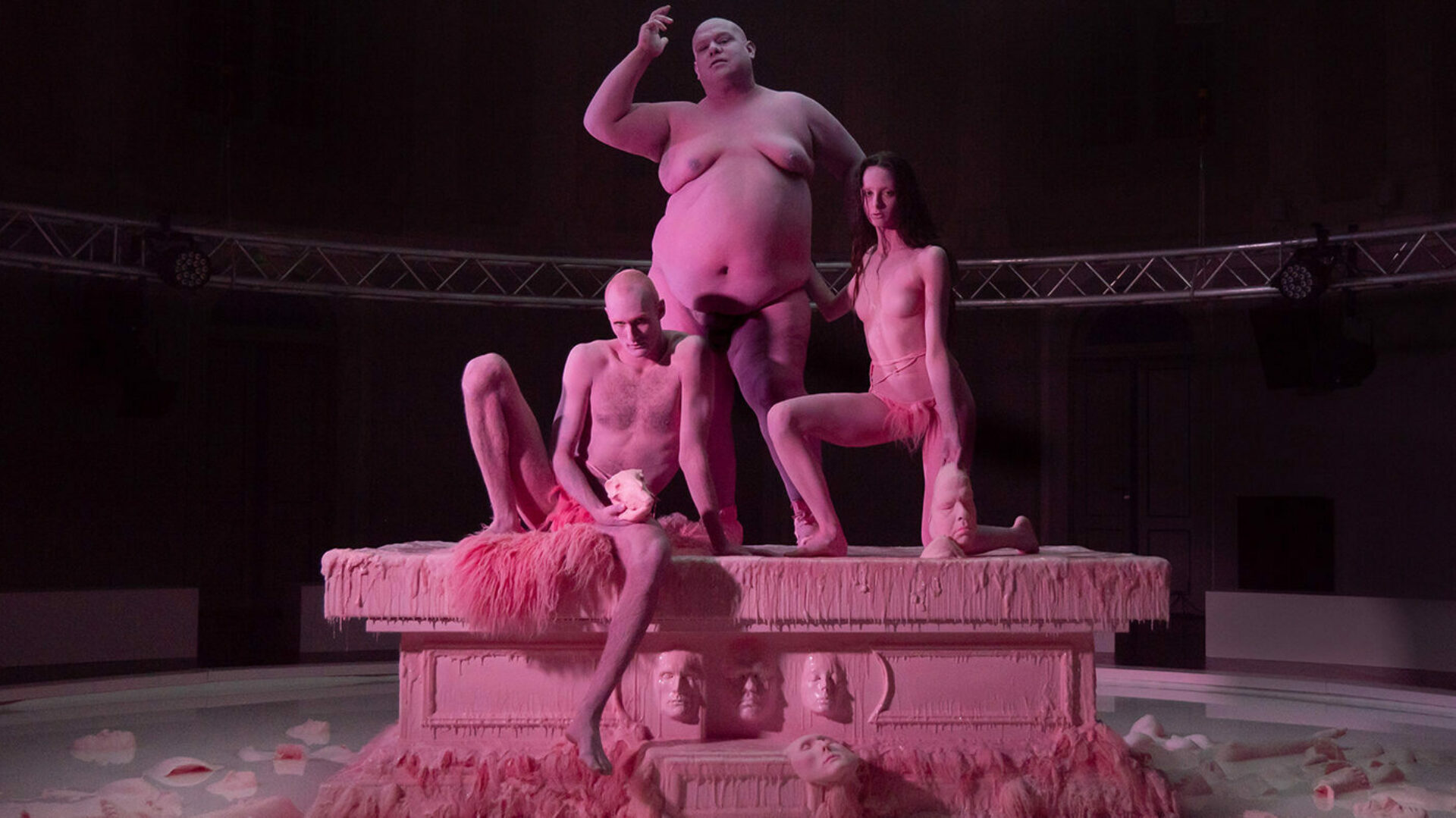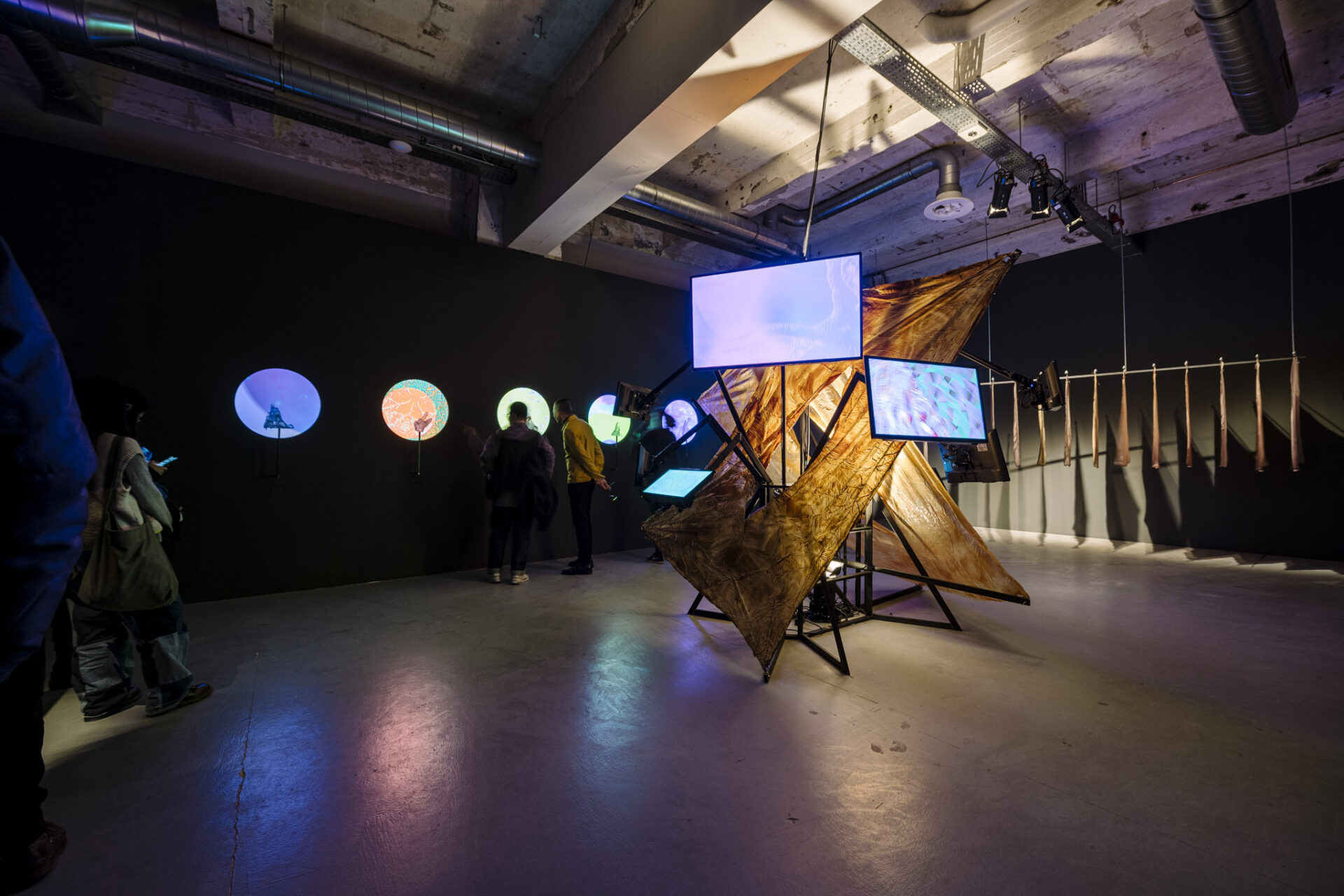
general impression
Several submitted proposals focus on accessibility, inclusion and representation. For example, proposals were submitted for an online index of ‘supported studios’ where artists and makers with cognitive and learning challenges can go, the scenography of a festival for hearing, hearing-impaired and deaf people alike, and a project questioning (hetero)normative body images by means of a fashion collection for seven non-normative bodies. A number of proposals also focused on the relationship of humans with nature. For instance, artificial intelligence is being utilized to visualize the possible impact of the ecological crisis on life in our seas and oceans, and an interactive installation should help us connect with the world we live in and make us realize that humans are part of nature. The selection further includes several educational projects, publications, animation films, material research and exhibitions. Here, several themes are highlighted.
selection
The available budget of € 350,000 was not sufficient to award a grant to all 27 positively assessed applications. As a result, prioritization has taken place. The procedure used is described in the Design Grant Scheme. After prioritization, 2 projects were eliminated from the selection. A few notable projects from this round’s selection are:

















